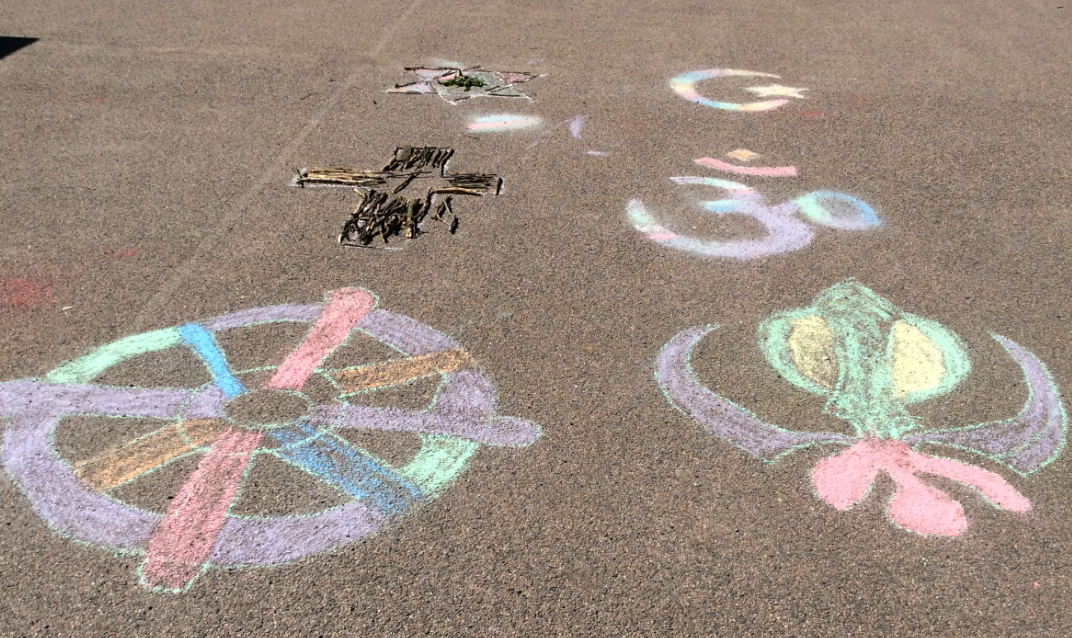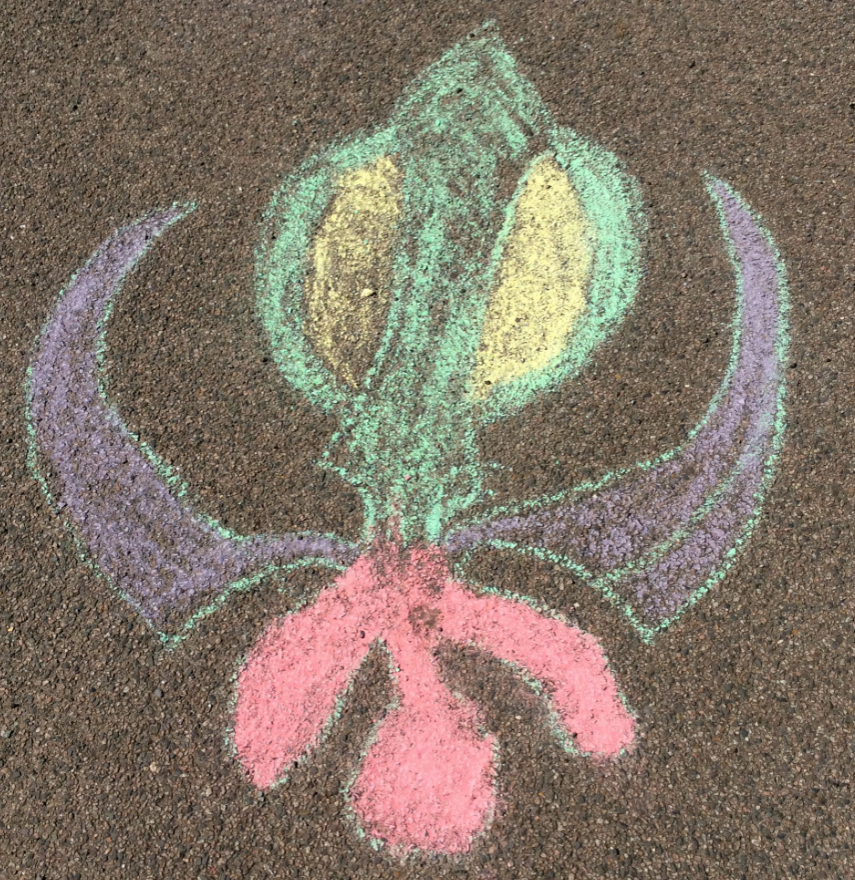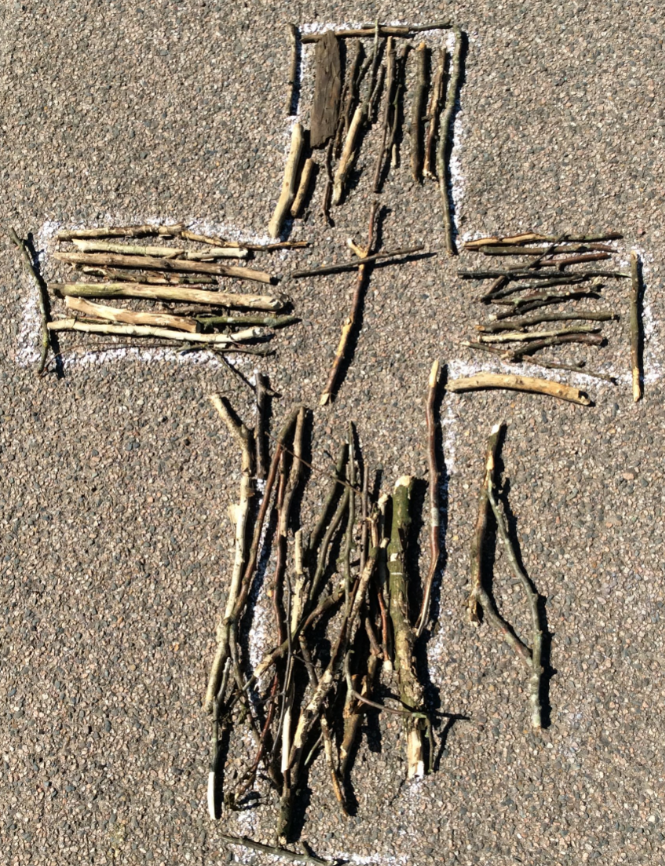Religious Education
Religious Education forms an important part of the school curriculum and is taught relevant to the child’s stage of development and experience. At Midfield we seek to provide a clearer idea of what religion is about, the importance that it plays in many people’s lives and how faith is expressed in their daily lives and routines. Through the teaching of Religious Education, we aim to promote the spiritual, moral and cultural development of all pupils as well as teaching the fundamentals of British Values.
At Midfield Primary School we encourage an enquiry approach to learning. We include religious and non-religious sources and views in all units when investigating enquiry questions e.g. comparison between religious and non-religious birth ceremonies when considering ‘Why is new life special?’ or the scientific theories about ‘How did the world begin?’
Each half term begins with a 'key question' linked to one of the six major world religions. This then follows a four step progressive lesson plan throughout each half term, which makes RE both relevant to today and explorative to questions the children may have around this key question.
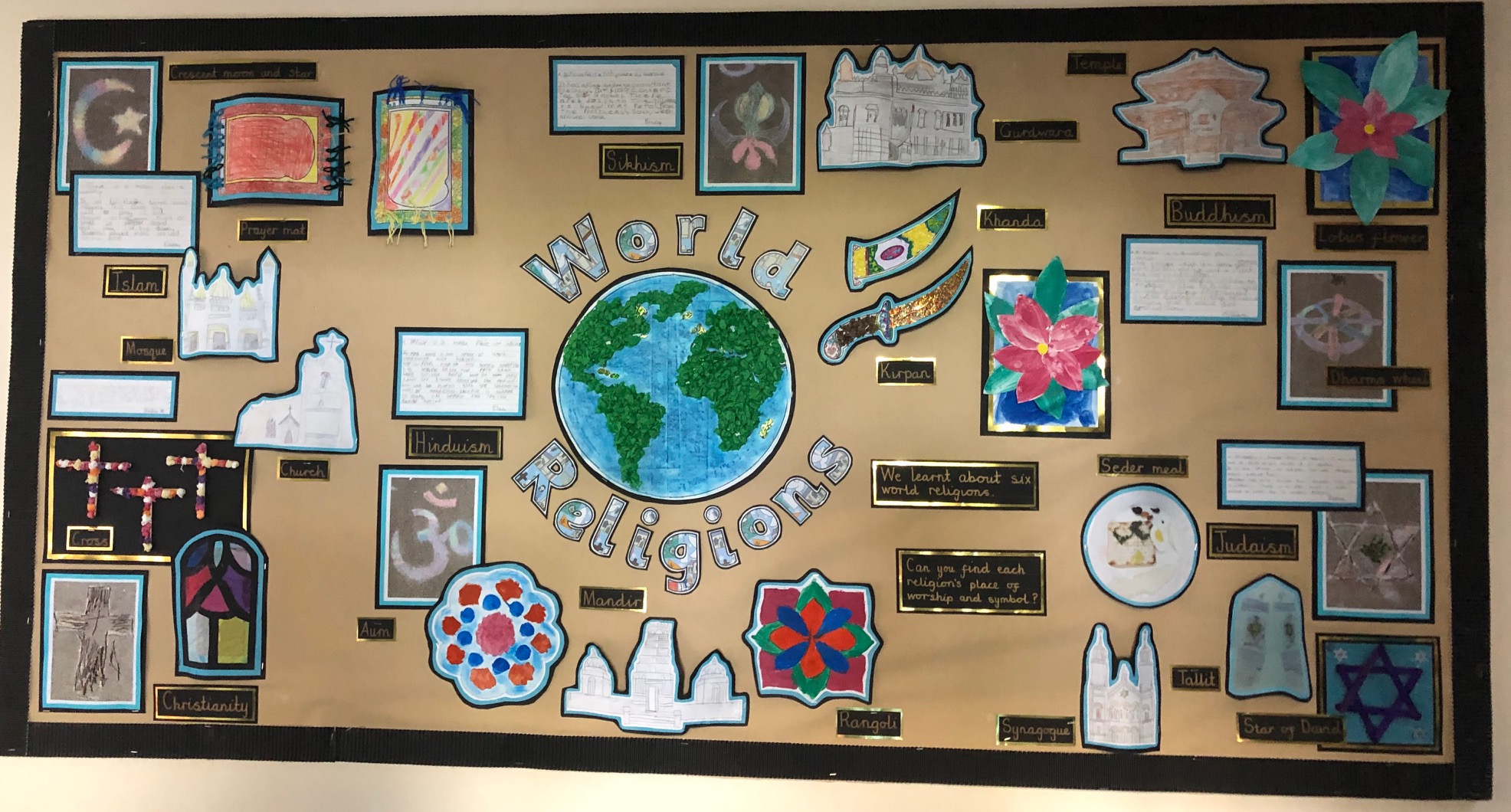
The four steps in a unit of learning:
Step One: Engagement
The human experience underpinning the key question is explored here within the children’s
own experience, whether that includes religion or not.
Step Two: Investigation
The class teacher guides the children through the key question and children gain subject knowledge (the factual base about the religion), carefully selected to assist their thinking.
Step Three: Evaluation
This lesson draws together the children’s learning and their conclusions about the key
question.
Step four: Expression
Children are encouraged to reflect on their own experience and how the learning from the unit might have influenced their own starting point/beliefs
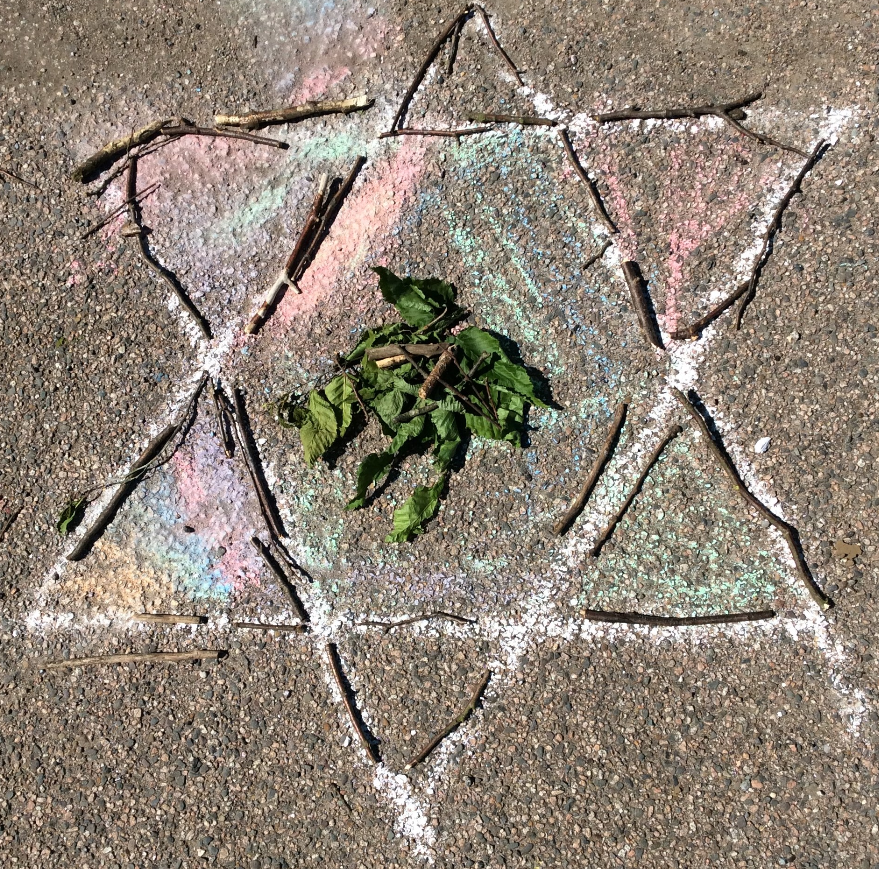
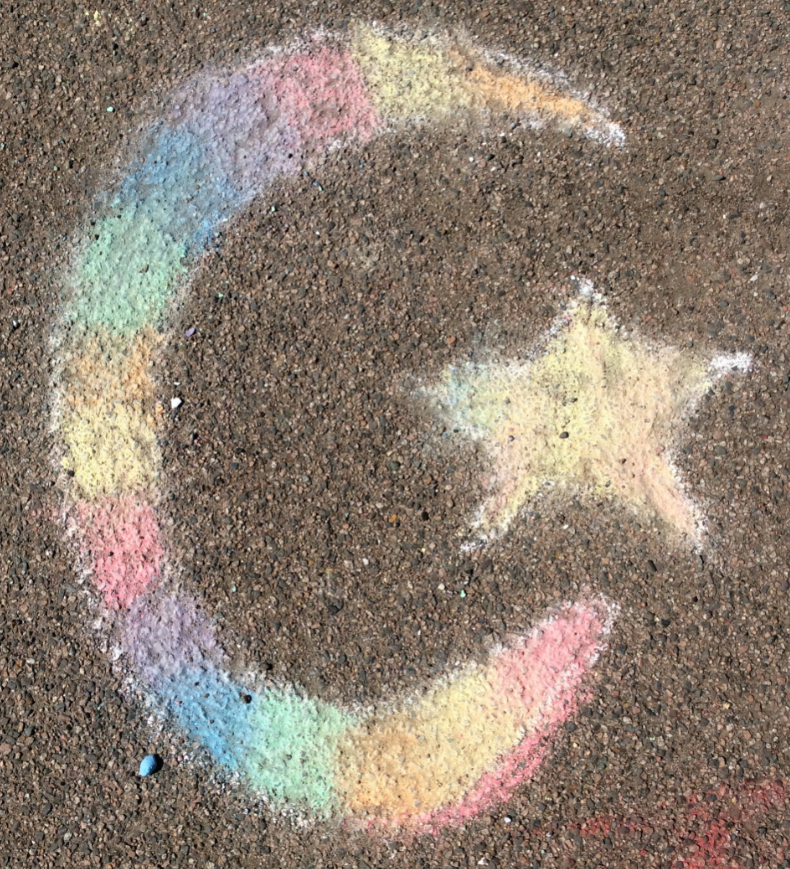
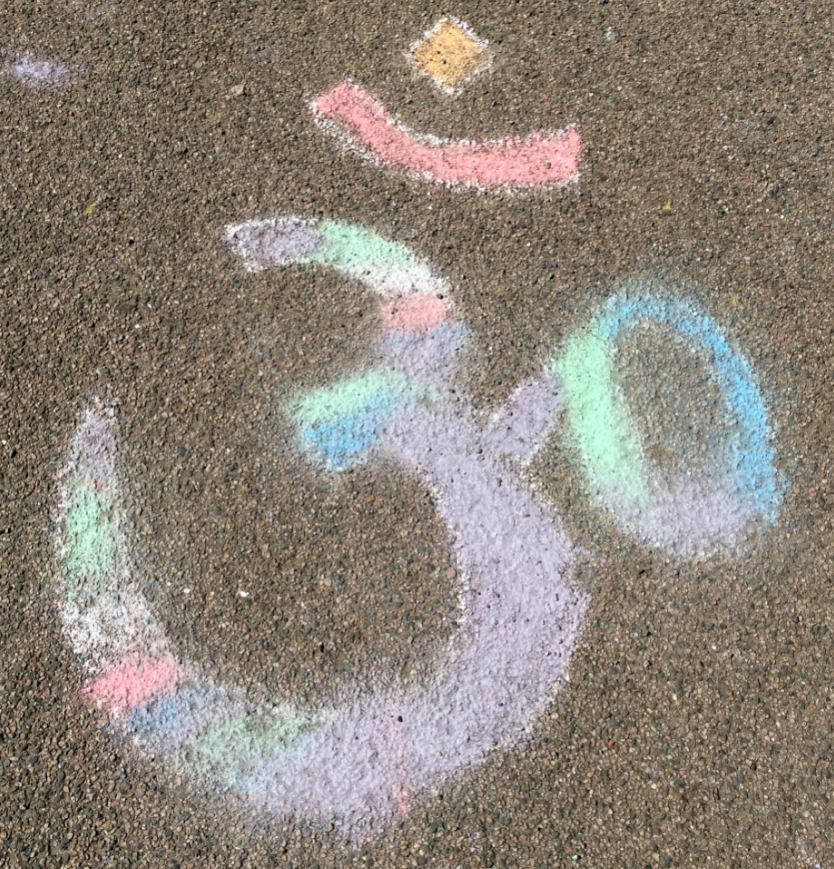
Alongside teaching the units of work each half-term we also have one lesson that is dedicated to learning about key religious (cultural) celebrations that fall during the respective calendar month. Classes across the school engage in a range of activities and learning opportunities to immerse themselves in the vibrance of how many festivals are celebrated. We strongly encourage members of our wider community and parents to come in and share their first-hand experiences and knowledge.
The long term plan attached below is an overview of what key questions children learn in each year group. If you have any questions about the content covered, please do not hesitate to contact your child's class teacher.
It is the right of parents to have their children withdrawn from collective worship or from religious education lessons. If this is the case please contact the head teacher.







